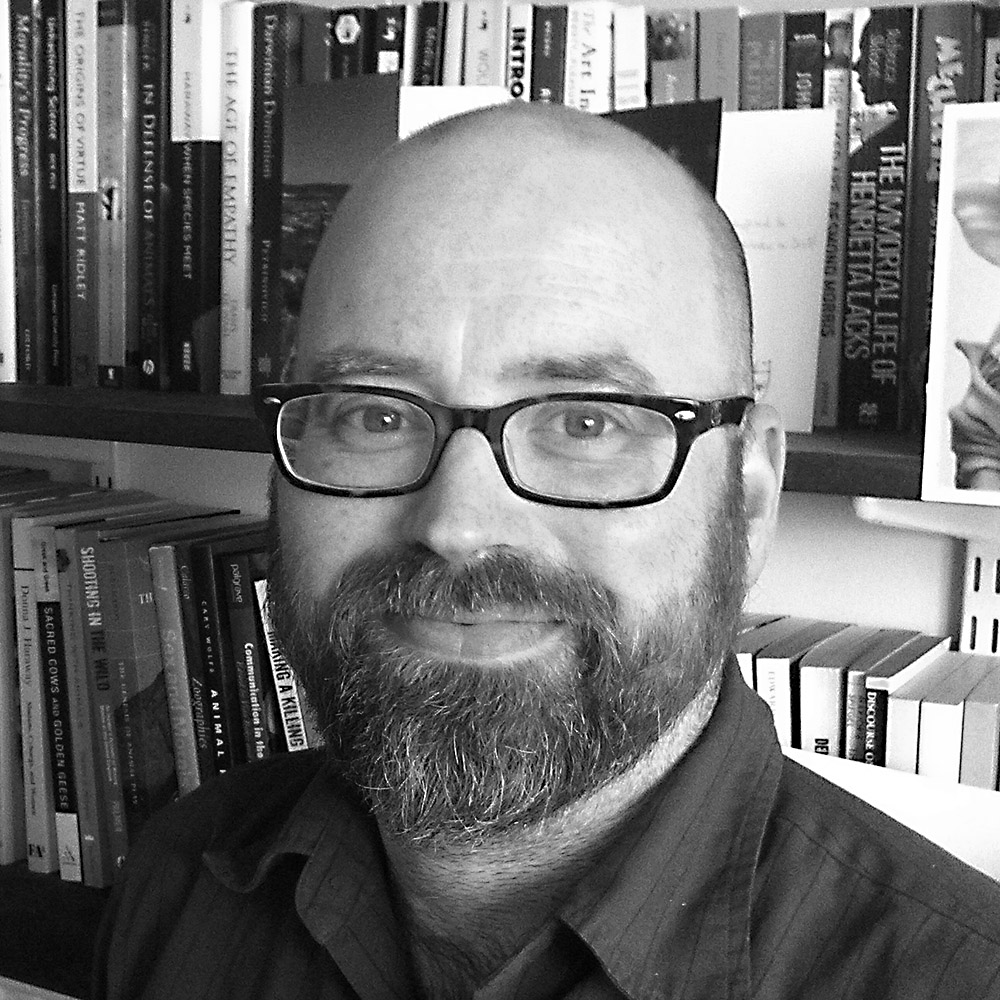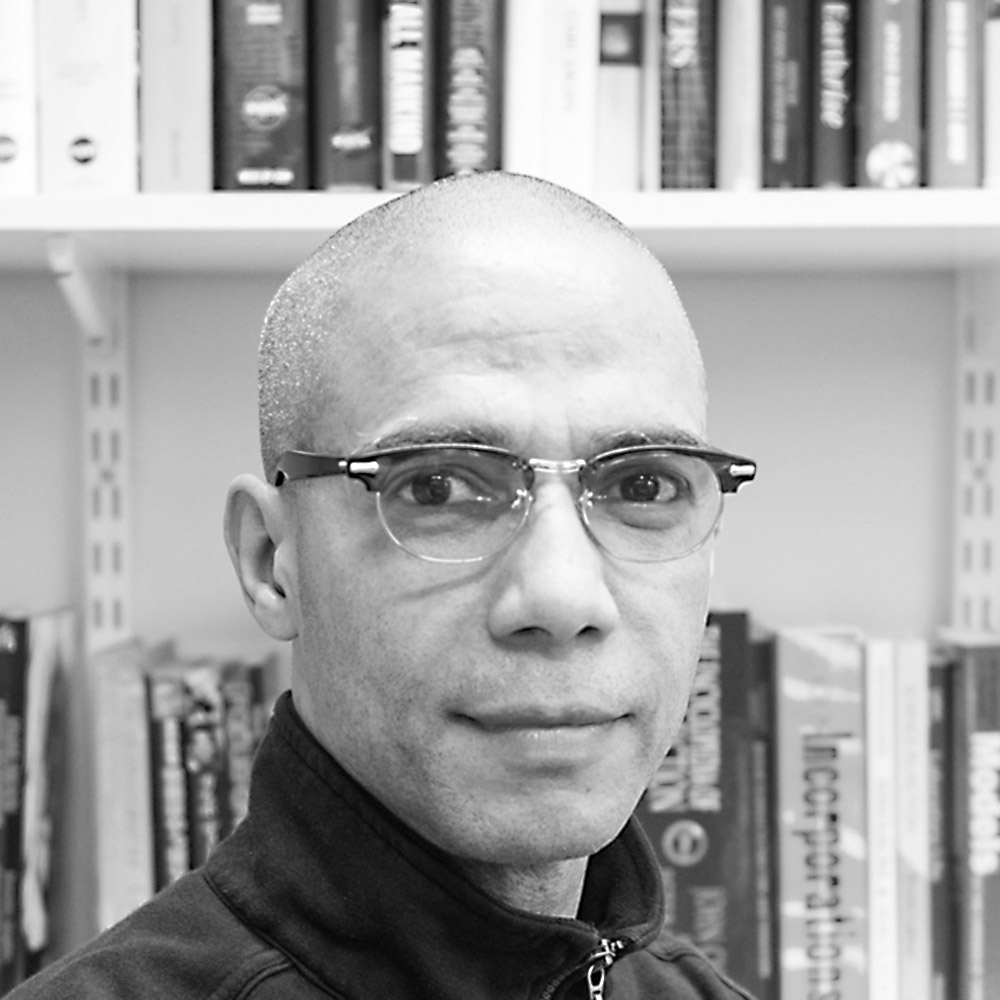The 1960s was a period of intense struggles over knowledge about the human mind, with psychologists, psychiatrists, and psychoanalysts in deep conflict. It was also a period in which cinema became preoccupied with psychological ideas, becoming an increasingly significant way in which new theories were disseminated and debated within the public sphere. Popular horror, crime films and science fiction became preoccupied with the ‘demons of the mind’, as asylums displaced Gothic castles, diagnosis supplanted deduction, and inner and outer space entwined.
This interdisciplinary research and public engagement project offers the first in depth study of the interactions of the psy sciences and cinema in this defining period, as the influence of psychology and allied sciences expanded into everyday political and public life. You can explore some of these historical connections through our interactive timeline, and find out about events near you and online, including free film screenings and interactive science museum events.
‘Demons of the Mind’ and its follow-on project ‘Objects of the Mind’ are collaborations between media studies and history of science, technology and medicine scholars from the University of East Anglia and University of Manchester, and professional curators at the National Science and Media Museum in Bradford. These projects are delivered in partnership with the British Science Association and the Science Museum Group, and have been funded by Arts and Humanities Research Council grants.






